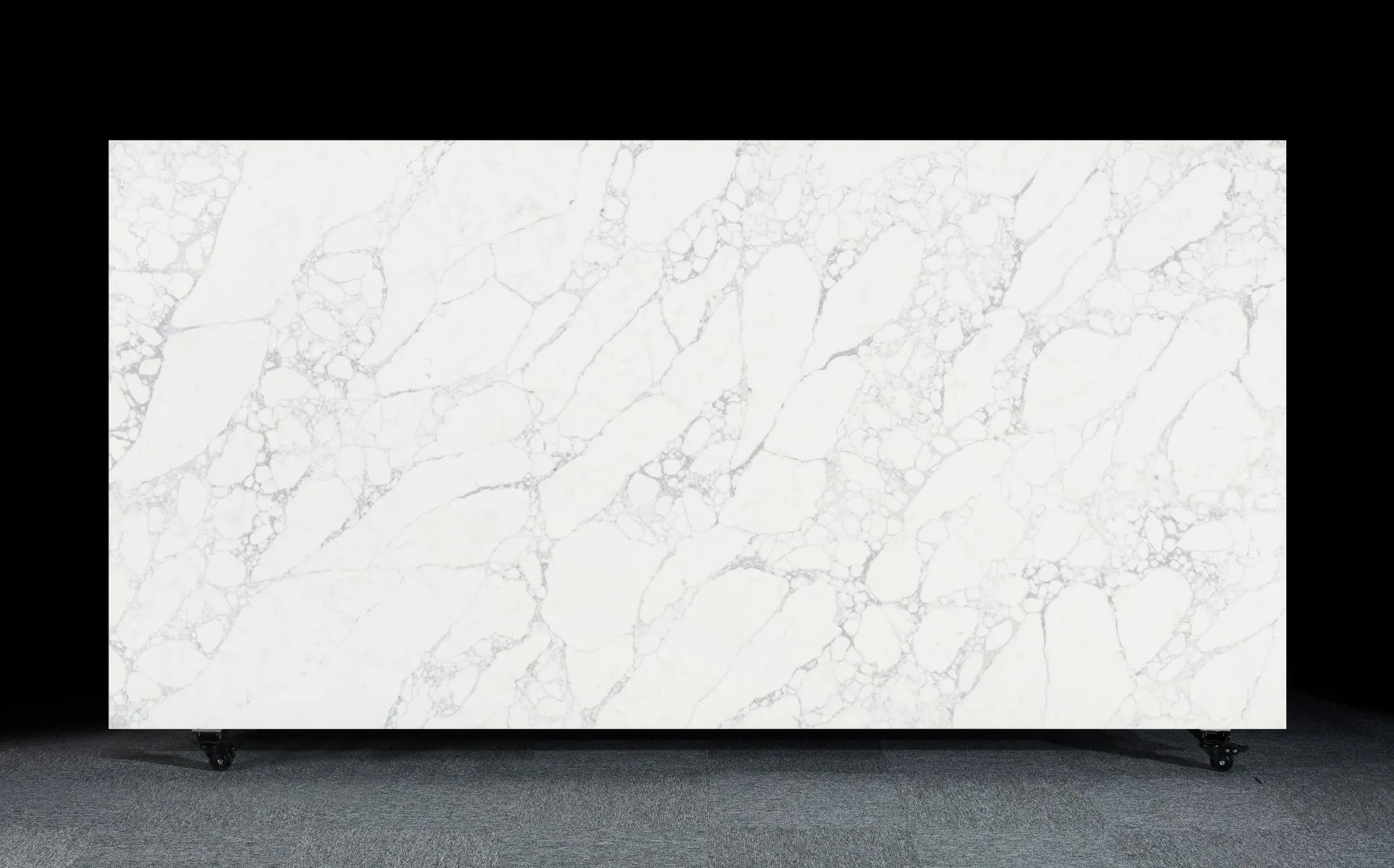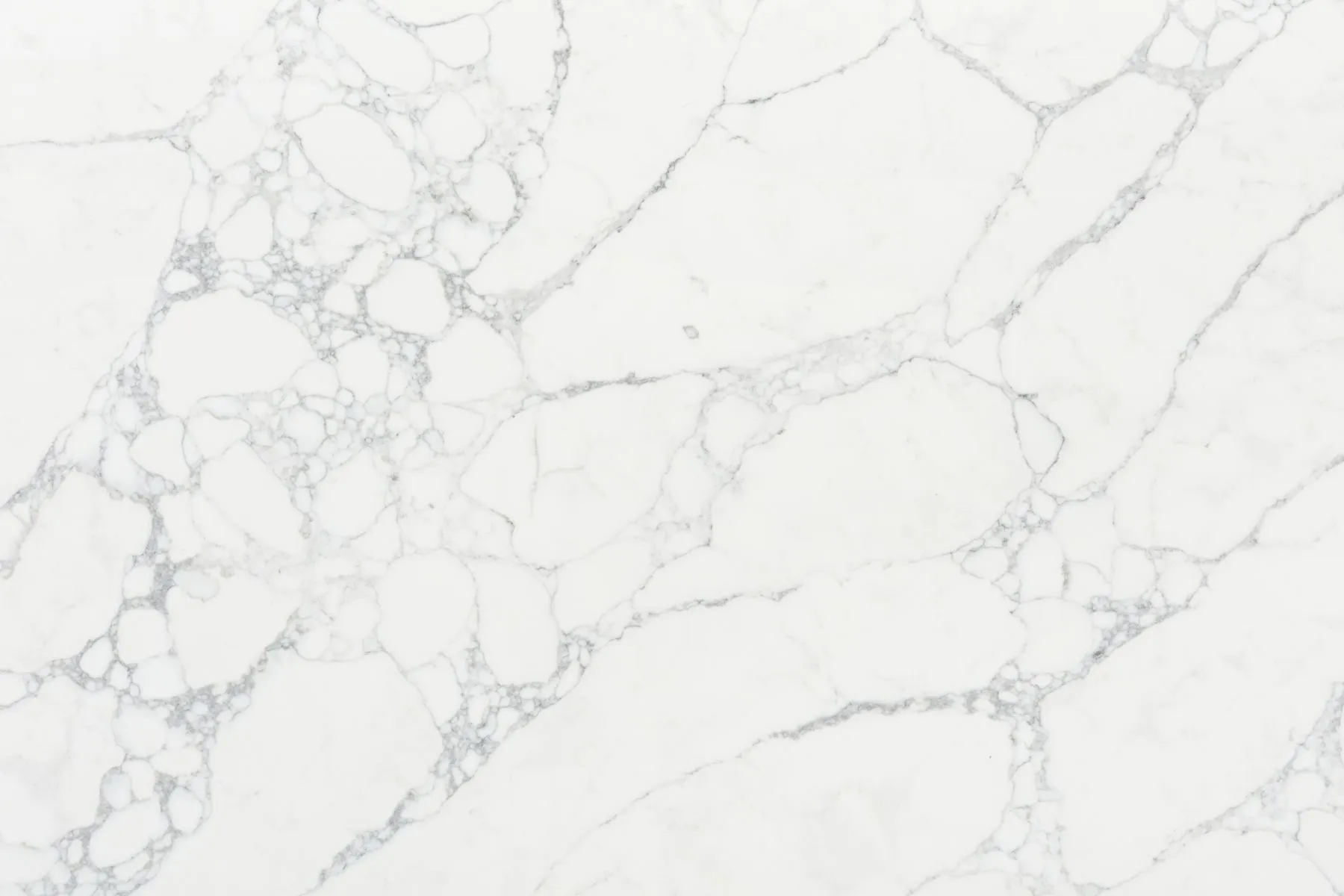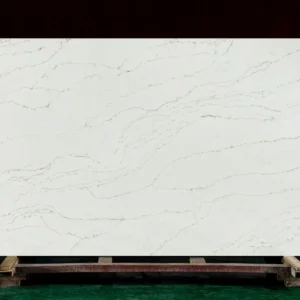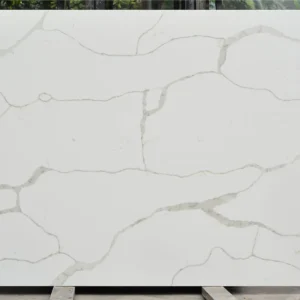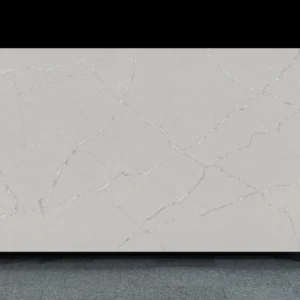kitchen countertops quartz vs granite
For wholesalers and distributors, both materials have their place in the market, but understanding the customer’s preferences for style, maintenance, and budget will help in making the right recommendation.
Additional information
Details about kitchen countertops quartz vs granite
Model:VM-20230321
When choosing kitchen countertops, quartz and granite are two of the most popular options. Both materials are durable and aesthetically pleasing, but they differ in several key areas such as composition, maintenance, cost, and appearance. Here’s a detailed comparison to help you choose the best countertop for your kitchen:
1. Composition:
-
Quartz Countertops:
Quartz countertops are engineered stone surfaces made from about 95% natural quartz mixed with resins, polymers, and pigments. This results in a non-porous, uniform material that can be customized in a variety of colors and patterns. -
Granite Countertops:
Granite is a natural stone formed from cooling magma. It is 100% natural and contains minerals like quartz, feldspar, and mica, giving it unique patterns and colors in every slab.
2. Durability:
-
Quartz Countertops:
Quartz is highly durable, resistant to scratches, stains, and cracks due to its engineered composition. It’s non-porous, which makes it resistant to bacterial growth, and unlike granite, it doesn’t require sealing. -
Granite Countertops:
Granite is also very durable, highly heat-resistant, and scratch-resistant. However, granite is porous, meaning it can absorb liquids and stains if not sealed properly. Regular resealing is required to maintain its protection against stains and bacteria.
3. Maintenance:
-
Quartz Countertops:
Quartz countertops are incredibly low-maintenance because they are non-porous. They don’t require sealing, and daily cleaning with warm water and mild soap is enough to keep them looking new. -
Granite Countertops:
Granite countertops require regular sealing to protect against stains and maintain their longevity. They should be cleaned with pH-balanced cleaners to avoid damaging the surface. While granite is more durable than many other surfaces, its maintenance demands are higher than quartz.
4. Appearance:
-
Quartz Countertops:
Quartz countertops have a uniform and consistent appearance because they are engineered. They come in a wide range of colors and patterns, including options that mimic the look of marble, granite, and other stones. -
Granite Countertops:
Granite offers a unique and natural appearance with one-of-a-kind patterns and color variations. Each slab of granite is different, which means no two countertops are alike. This natural aesthetic is perfect for customers who want a personalized, luxurious look in their kitchen.
5. Cost:
-
Quartz Countertops:
Quartz is generally more affordable than granite. Prices can range from $50 to $120 per square foot, depending on the brand, color, and pattern. Although higher-end quartz may be more expensive, it’s still usually cheaper than granite. -
Granite Countertops:
Granite countertops tend to be more expensive, with prices typically ranging from $60 to $200 per square foot depending on the quality, rarity, and complexity of the slab.
6. Environmental Impact:
-
Quartz Countertops:
Quartz is typically considered more eco-friendly when made with recycled materials. It requires less energy to produce compared to granite, which is mined and transported from quarries, consuming more resources and energy. -
Granite Countertops:
Granite is a natural stone, so it’s environmentally friendly in the sense that it’s a renewable resource. However, the mining process can have an environmental impact due to the large energy consumption, transportation, and quarrying methods.
7. Customization and Design:
-
Quartz Countertops:
Quartz countertops are available in a wide variety of colors, patterns, and finishes, and can be easily customized to fit specific kitchen design needs. Whether you prefer a clean, modern look or something that mimics marble or granite, quartz offers a lot of versatility in design. -
Granite Countertops:
Granite offers a unique, natural look, and every slab is one of a kind. However, the colors and patterns of granite are limited by what nature provides. This can be great for customers who want a more organic, natural appearance.
Summary:
-
Quartz Countertops:
-
Pros: Non-porous, easy maintenance, available in various colors and patterns, no sealing required.
-
Cons: Less natural variation, susceptible to heat damage (not as heat-resistant as granite).
-
-
Granite Countertops:
-
Pros: Unique natural stone, highly heat-resistant, durable, luxurious look.
-
Cons: Requires sealing, higher maintenance, more expensive.
-
Which Is Best for Your Kitchen?
-
Choose Quartz if you want a low-maintenance countertop with a consistent look, a wide range of colors, and easy upkeep. It’s perfect for modern kitchens where practicality and a sleek design are key.
-
Choose Granite if you’re looking for a luxurious, one-of-a-kind appearance with natural beauty, and don’t mind performing some regular maintenance to keep it in top condition. Granite is ideal for those seeking timeless elegance and durability.
